

In modern society, automobiles have become an indispensable part of our daily lives. However, with the increasing frequency of automobile use, various malfunctions also accompany it. Among them, difficulty starting or failure to start the engine is a common automotive problem. It not only disrupts drivers’ travel plans but can also potentially damage the mechanical performance of the vehicle. This report will analyze a case of engine starting difficulties or failure to start in depth, aiming to identify the root causes and propose effective solutions.
Under normal circumstances, the voltage of a car battery should be around 12V. If the battery voltage drops below 9V, starting difficulties may occur. This phenomenon could result from repeated discharges due to starting attempts, leading to battery depletion or damage. Insufficient battery voltage prevents the starter motor of the auto engine from operating properly, thereby preventing engine startup. In such cases, it is necessary to use a multimeter to check if the battery voltage meets requirements. If the battery voltage is indeed low, recharging or replacement may be necessary.
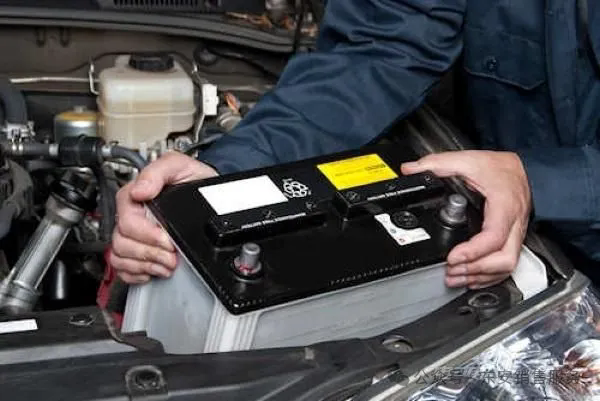
Fuel system malfunctions can cause engine starting difficulties or failures. Specific issues may include low fuel pressure, air leaks in the intake system, malfunctioning cold start injectors, or ignition system problems. These factors can affect the engine’s fuel supply and ignition efficiency, thereby impacting its starting performance.
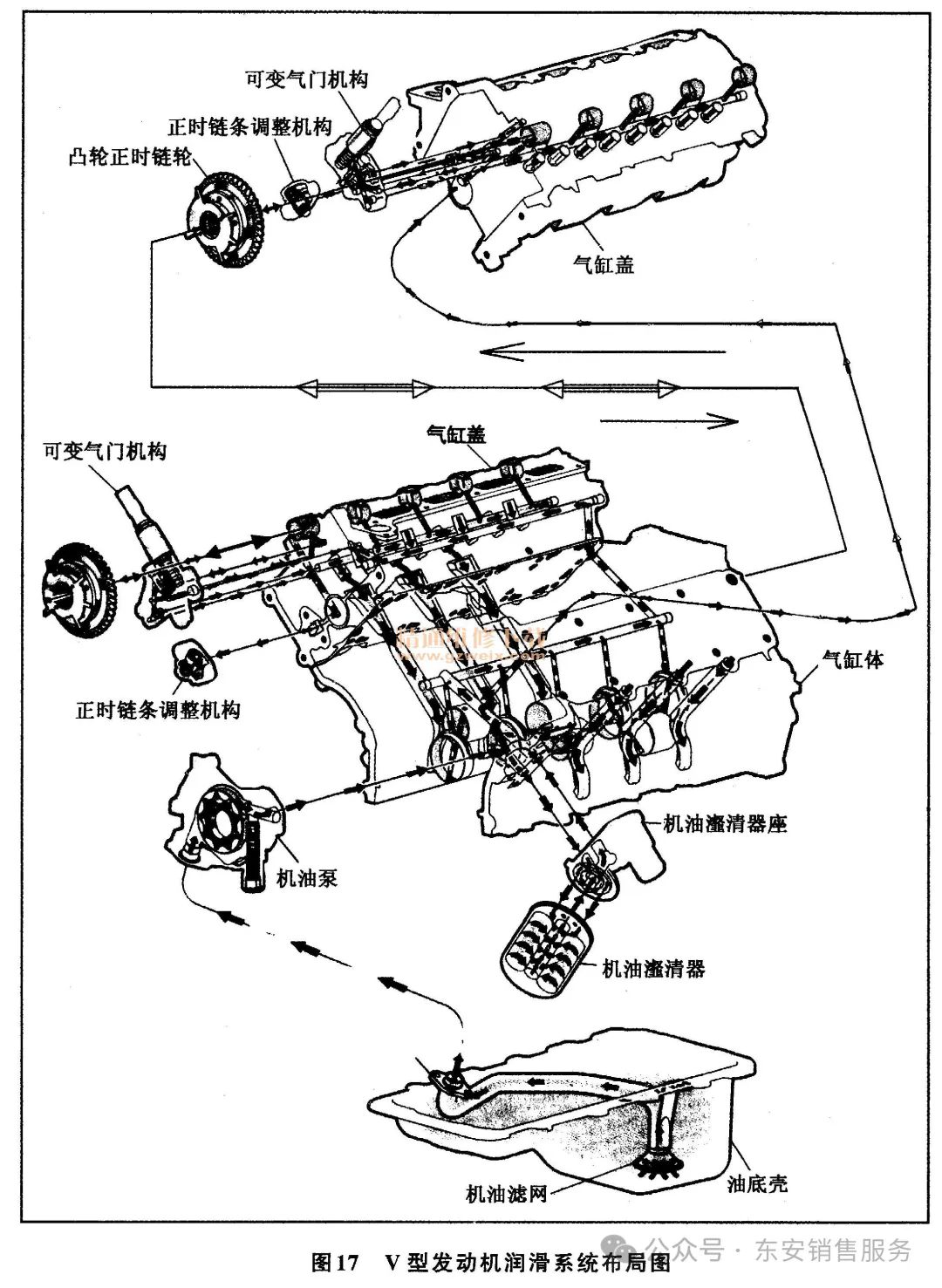
The fuel pump is a critical component that ensures proper fuel supply to the engine. If the fuel pump malfunctions, adequate fuel supply may not be maintained, leading to poor engine performance. Symptoms of fuel pump failure include inaccurate fuel level readings, difficulty starting or accelerating the engine, abnormal noises from the pump, or complete failure to operate.
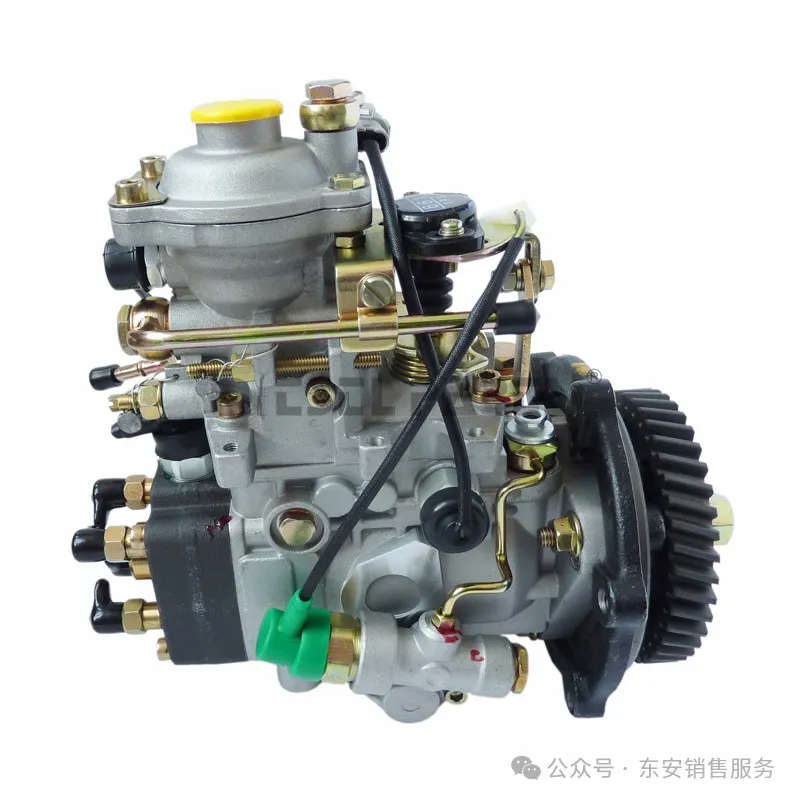
The ECU acts as the “brain” of the car, receiving signals from sensors to assess and control the engine’s operation. When the ECU malfunctions, it may inaccurately send signals that affect engine startup. Serious ECU damage could prevent the correct signals from reaching the engine’s starting system, resulting in the vehicle being unable to start. Additionally, inadequate engine speed for starting may also be due to faults in the starting system.
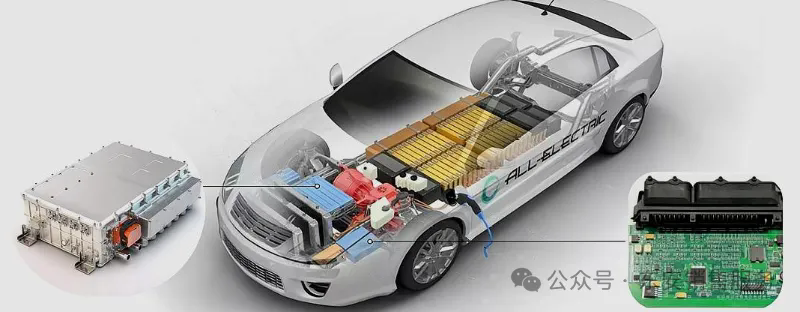
The engine’s operation relies on the proper functioning of the electrical system. Any wiring faults can affect its startup. For instance, poor ground connections may cause difficulties starting when the engine is cold but start normally when warm, or erratic engine speed during rapid acceleration. Additionally, faults in the starting circuit, such as starter motor, alternator, starter relay, ignition switch, or other key components, may prevent the engine from starting.
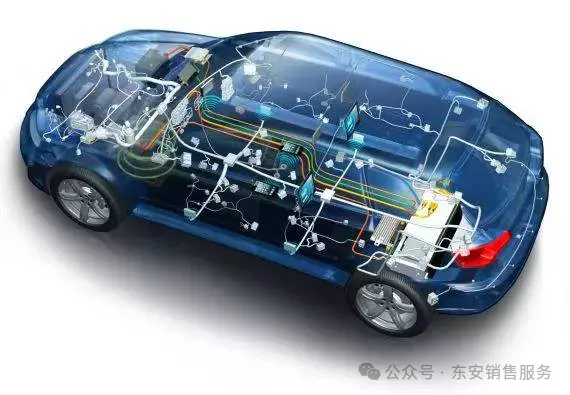
The alternator is the primary power source for a car, supplying electricity to various electrical devices and charging the battery. If the alternator malfunctions, it may produce unstable voltage or current outputs, further affecting battery charging and causing difficulty starting the vehicle. Additionally, since the alternator is driven by the engine via a drive belt, changes in engine speed can lead to fluctuations in alternator output voltage. Therefore, to ensure stable voltage for vehicle electrical devices and battery charging, voltage regulators are typically installed in the car’s power supply system to prevent operational disruption due to voltage fluctuations.
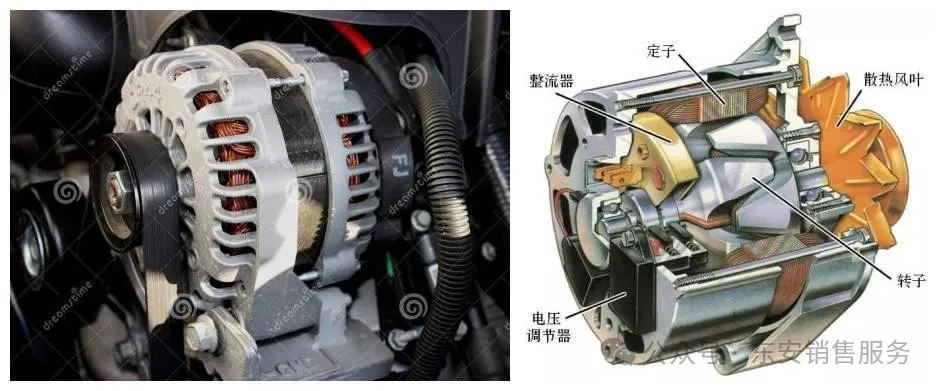


Engine oil consumption is typically caused by several possible reasons: P…

Causes of engine coolant leakage: Aging or damaged seals in the cooling s…

Causes of Engine Noise: Excessive piston-to-cylinder clearance Solution:…

When an automobile engine emits clanking metal noises while driving, how s…

In modern society, automobiles have become an indispensable part of our da…








